What Hotel Employees Notice First: 6 Red Flags + 6 Best Tips For You
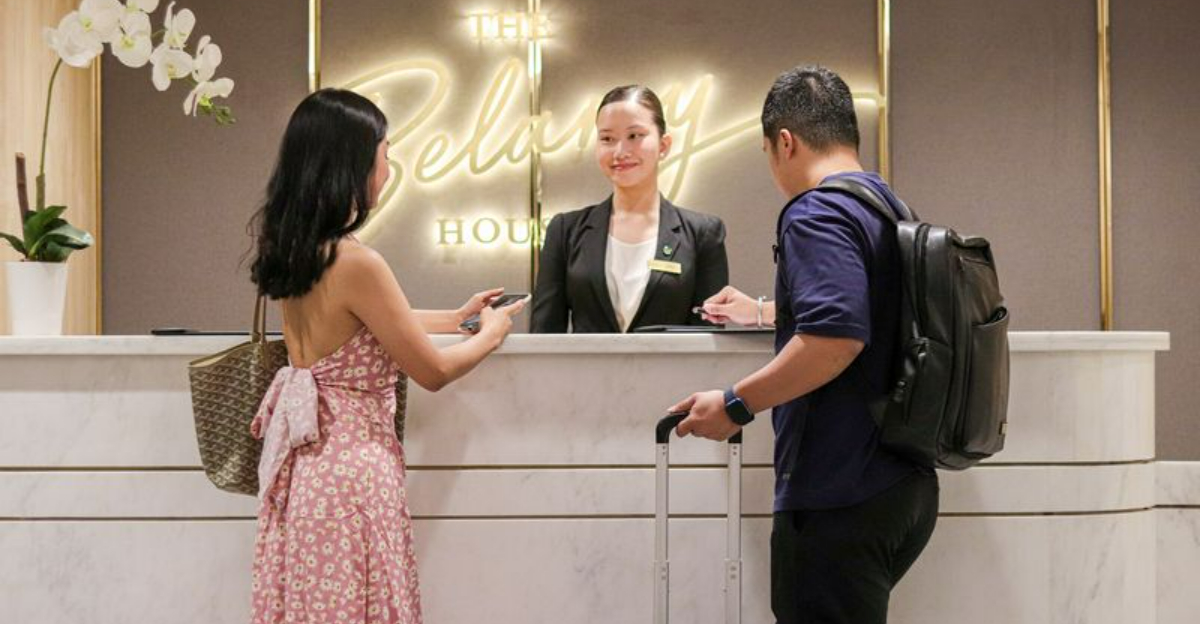
Ever wonder what hotel staff are thinking when you check in? As someone who’s worked behind the front desk, I can tell you we notice everything! From how you treat the bellhop to whether you’ve packed properly, hotel employees form impressions within seconds.
Understanding these unspoken observations can make your stay smoother and might even score you some perks along the way.
1. Red Flag: Rude to Staff Members

Treating hotel staff poorly is the fastest way to get labeled as a problem guest. Front desk agents communicate with housekeeping, room service, and management throughout your stay.
When you’re disrespectful to one employee, that information spreads quickly. Staff might provide only the bare minimum service instead of going above and beyond for your requests.
Remember, we’re more likely to help guests who show basic courtesy and treat us like human beings rather than servants.
2. Red Flag: Excessive Demands Before Arrival
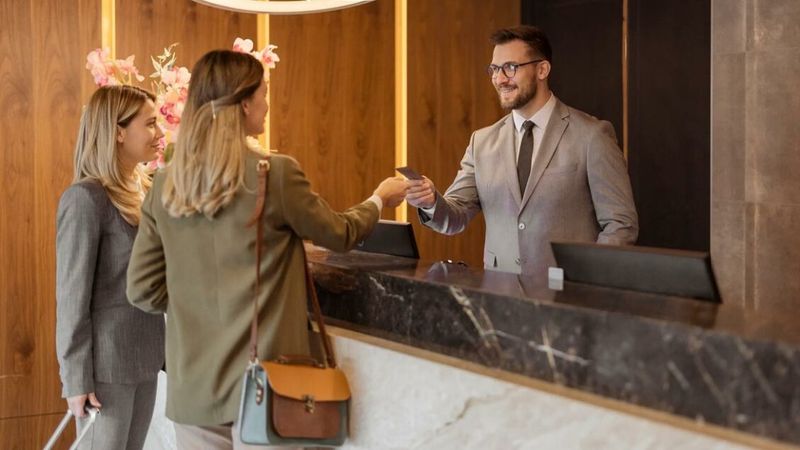
Bombarding the hotel with special requests before you’ve even checked in raises eyebrows among staff. Multiple phone calls demanding specific room locations, excessive amenities, or elaborate setups signal high-maintenance behavior.
Most hotels genuinely want to accommodate reasonable requests. However, when your pre-arrival demands fill an entire notepad page, we brace ourselves for a challenging guest.
If you need special accommodations, try bundling your requests into one polite communication rather than daily demands.
3. Red Flag: Refusing to Provide ID or Credit Card
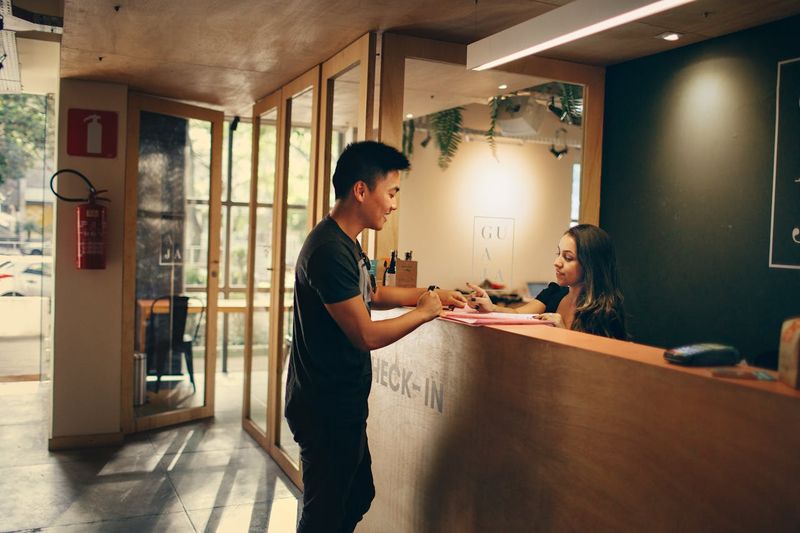
Nothing makes hotel staff more suspicious than guests who resist standard check-in procedures. Credit card holds and ID verification aren’t optional extras – they’re essential security measures to protect both the property and other guests.
When someone argues about providing these basics, we immediately wonder what they’re hiding. This behavior often indicates potential room damage, unauthorized parties, or payment issues.
Legitimate travelers understand these requirements are universal in the hospitality industry.
4. Red Flag: Arriving Visibly Intoxicated
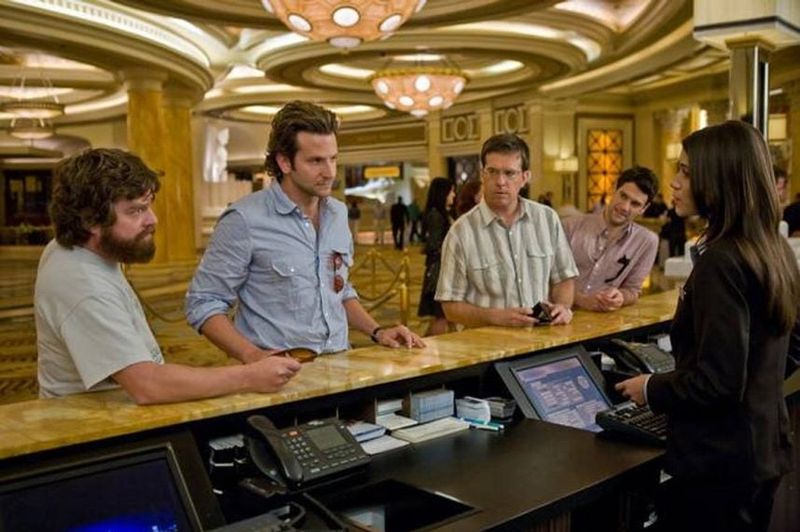
Stumbling into the lobby clearly under the influence sets off immediate alarms for hotel staff. While we understand you might be celebrating, excessive intoxication creates liability issues and potential disturbances for other guests.
Front desk employees are trained to assess guest condition during check-in. If you can’t maintain basic conversation or stand steadily, we may note your room for extra monitoring.
Hotels want you to enjoy yourself, but not at the expense of other guests’ comfort or property safety.
5. Red Flag: Mentioning Online Reviews as Leverage
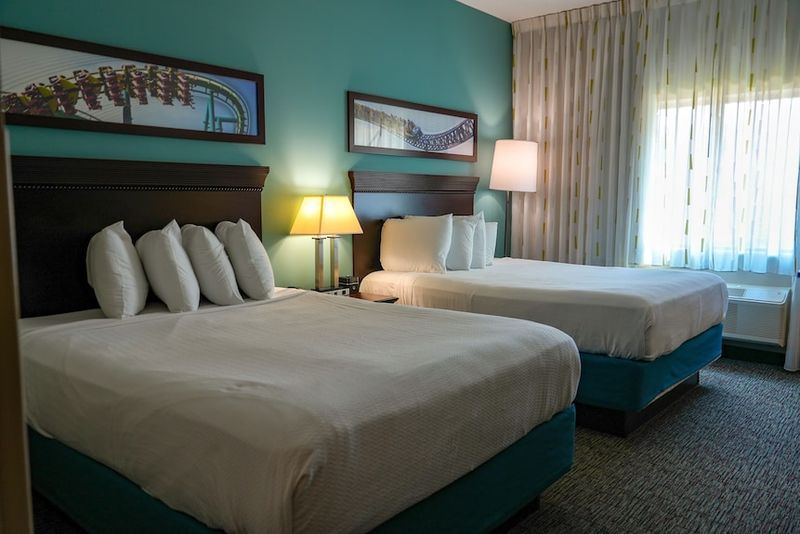
Threatening to write negative reviews during check-in immediately identifies you as a potential problem guest. Using phrases like “I write a lot of reviews online” or “I have a large social media following” comes across as attempted manipulation.
Hotel employees mentally flag these guests as potential complainers who might be fishing for upgrades or freebies. Most quality hotels focus on providing excellent service regardless of review threats.
Genuine reviewers rarely announce their intentions – they simply observe and document their authentic experience.
6. Red Flag: Bringing Excessive Luggage for Short Stays
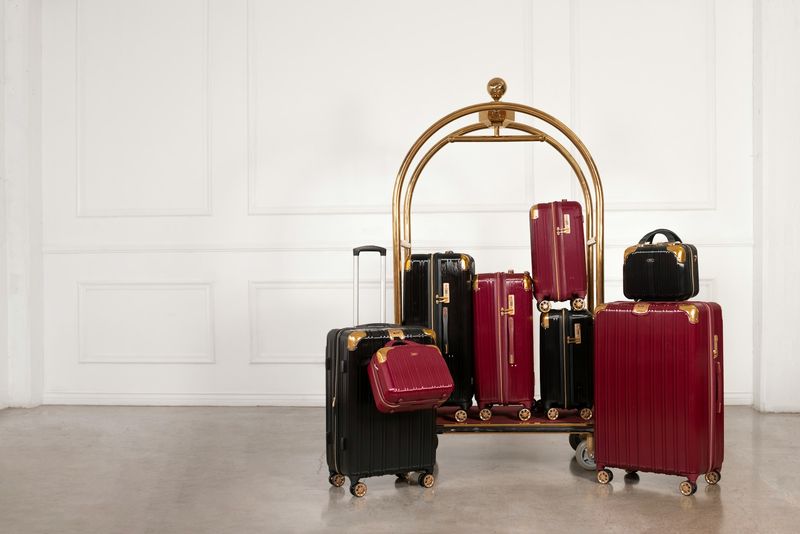
Walking in with five suitcases for a one-night stay raises immediate questions among hotel staff. This disproportionate amount of luggage often signals guests who might be moving in temporarily or planning unauthorized activities.
Bellhops and front desk staff are trained to notice unusual luggage patterns. Excessive bags might prompt additional security deposits or closer room monitoring during your stay.
If you have legitimate reasons for extra luggage, a simple explanation can help prevent misunderstandings and unnecessary scrutiny.
7. Best Tip: Mention Special Occasions Naturally

Casually mentioning your anniversary, birthday, or promotion during natural conversation can lead to unexpected perks. Rather than demanding special treatment, allow the information to come up organically while chatting with staff.
Many hotels have standard celebration protocols that aren’t advertised. Front desk agents often have discretion to upgrade rooms or send small amenities for special occasions.
Your honeymoon or milestone birthday might earn you complimentary champagne or chocolate-covered strawberries if mentioned authentically rather than expectantly.
8. Best Tip: Arrive During Mid-Afternoon Lull
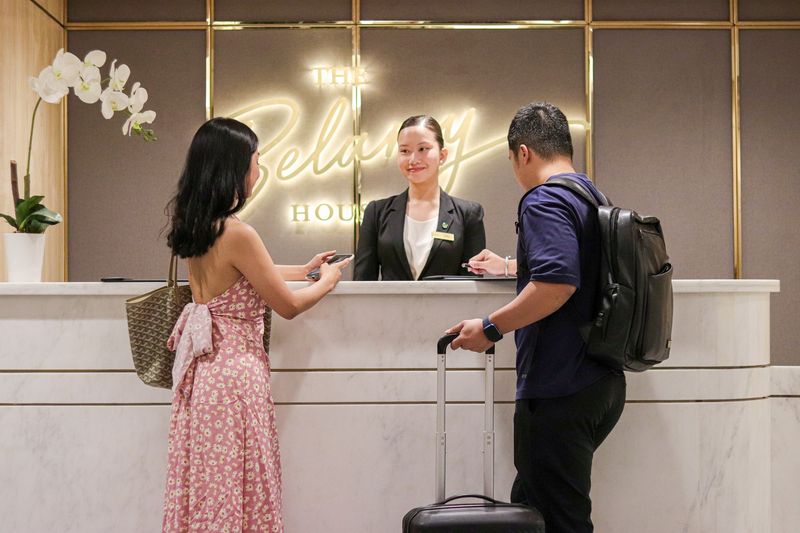
Timing your arrival between 2-4 PM gives you the best chance for personalized service and potential upgrades. This period after check-out rush and before the evening check-in wave means staff can focus fully on your experience.
During peak hours, front desk agents are processing multiple guests simultaneously and have less flexibility for special accommodations. The mid-afternoon lull allows time for thoughtful room selection and personalized recommendations.
You’ll also avoid standing in long check-in lines that form during busier periods.
9. Best Tip: Join Loyalty Programs Before Booking
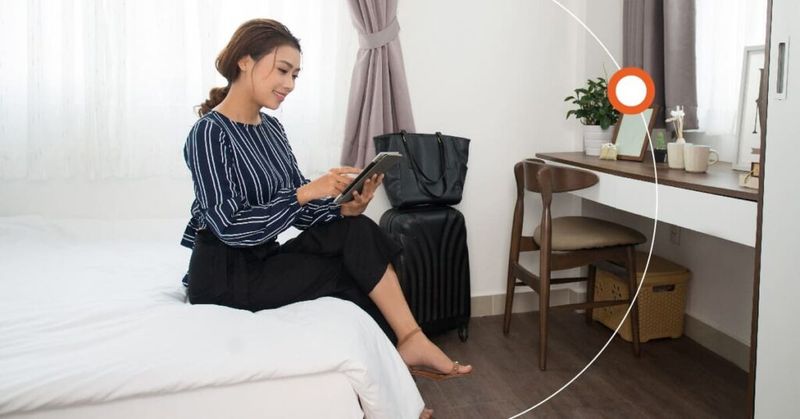
Signing up for the hotel’s loyalty program before your stay can unlock immediate benefits even as a first-timer. Many programs offer perks from your very first stay, not just after accumulating points.
Front desk staff prioritize loyalty members during room assignments, often blocking better rooms for program participants. Even basic membership might grant you free WiFi, late checkout, or welcome amenities that regular bookings don’t receive.
Most programs are free to join and take just minutes to register online before your arrival.
10. Best Tip: Pack a Small Gift for Staff
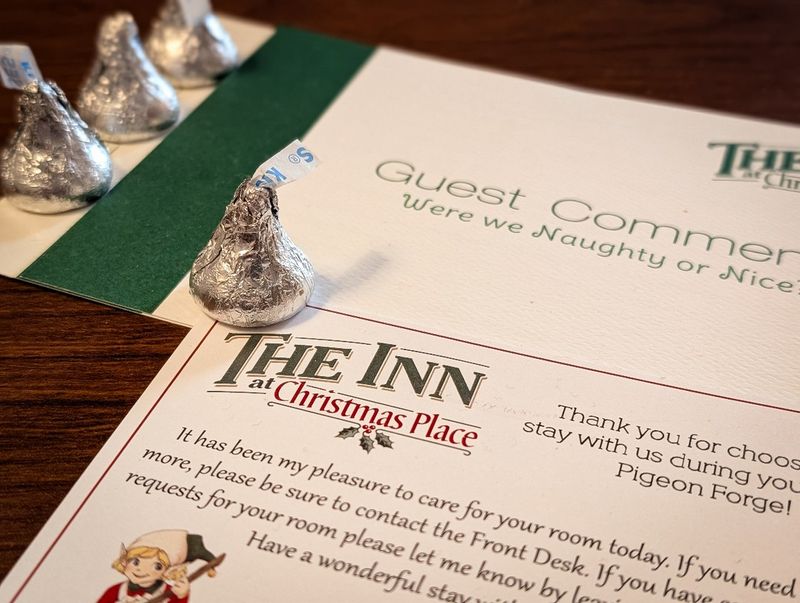
Bringing a simple token of appreciation like a small box of chocolates can completely transform your hotel experience. This unexpected gesture signals you’re a thoughtful guest who values service industry workers.
Staff remember kind gestures and often reciprocate with room upgrades, extra amenities, or exceptional service throughout your stay. Unlike tipping, which happens after service, a small arrival gift creates immediate goodwill.
Even something as simple as quality chocolates for the front desk team to share makes you memorable among dozens of daily check-ins.
11. Best Tip: Use Staff Names and Make Eye Contact
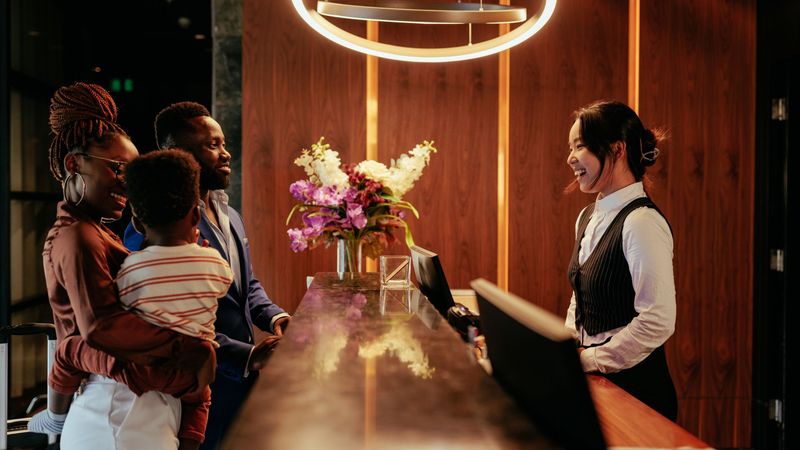
Making genuine connections with hotel employees through eye contact and using their names creates instant rapport. When checking in, notice name tags and address staff personally throughout your conversation.
This simple practice demonstrates respect and recognition of their humanity beyond their service role. Staff are more likely to remember guests who see them as individuals rather than service providers.
These authentic connections often result in staff going beyond standard protocols to enhance your stay with insider recommendations or special attention.
12. Best Tip: Book Direct and Mention Research
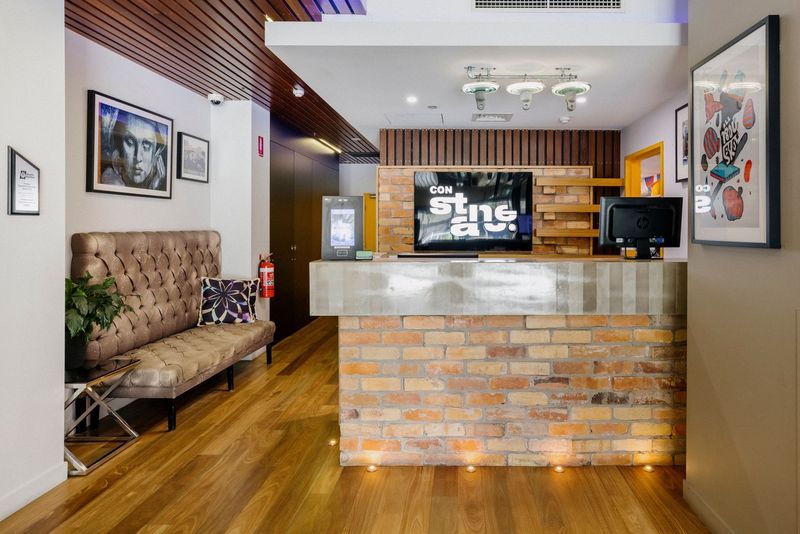
Casually mentioning you researched multiple booking options but chose to book directly with the hotel signals you’re a savvy, loyal customer. Hotels pay substantial commissions to third-party booking sites and appreciate guests who book directly.
Front desk staff often have authority to match or beat online rates when you book directly. Additionally, direct bookings typically receive priority for room assignments and special requests.
Try saying: “I saw your hotel on several booking sites but preferred to book directly with you” during check-in conversation.
